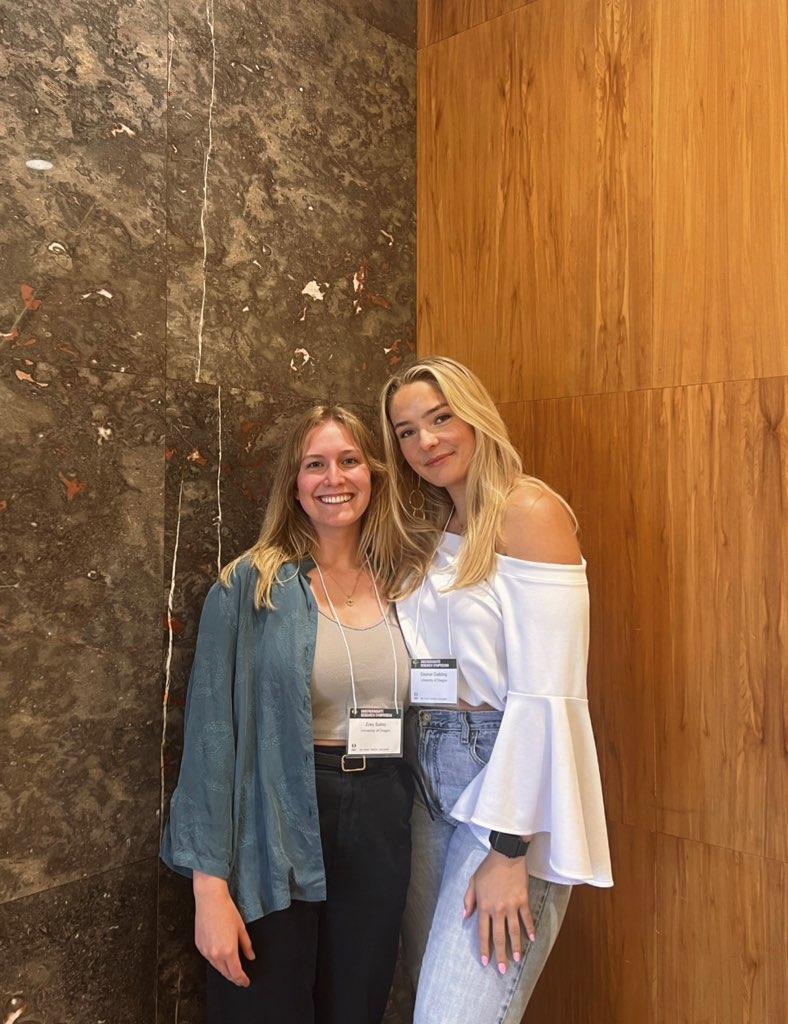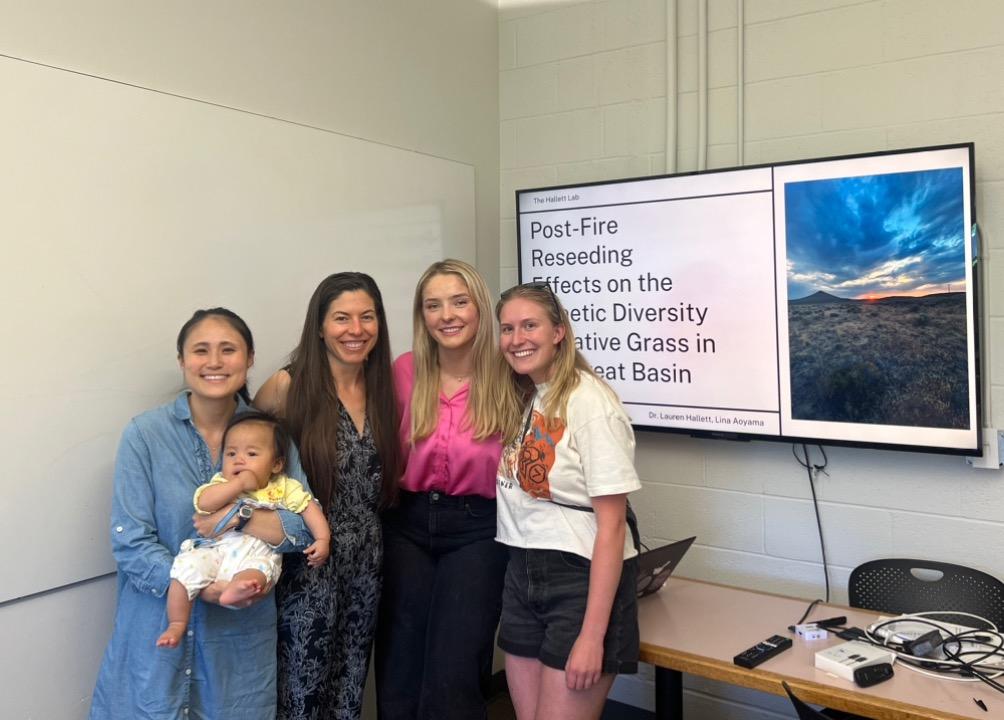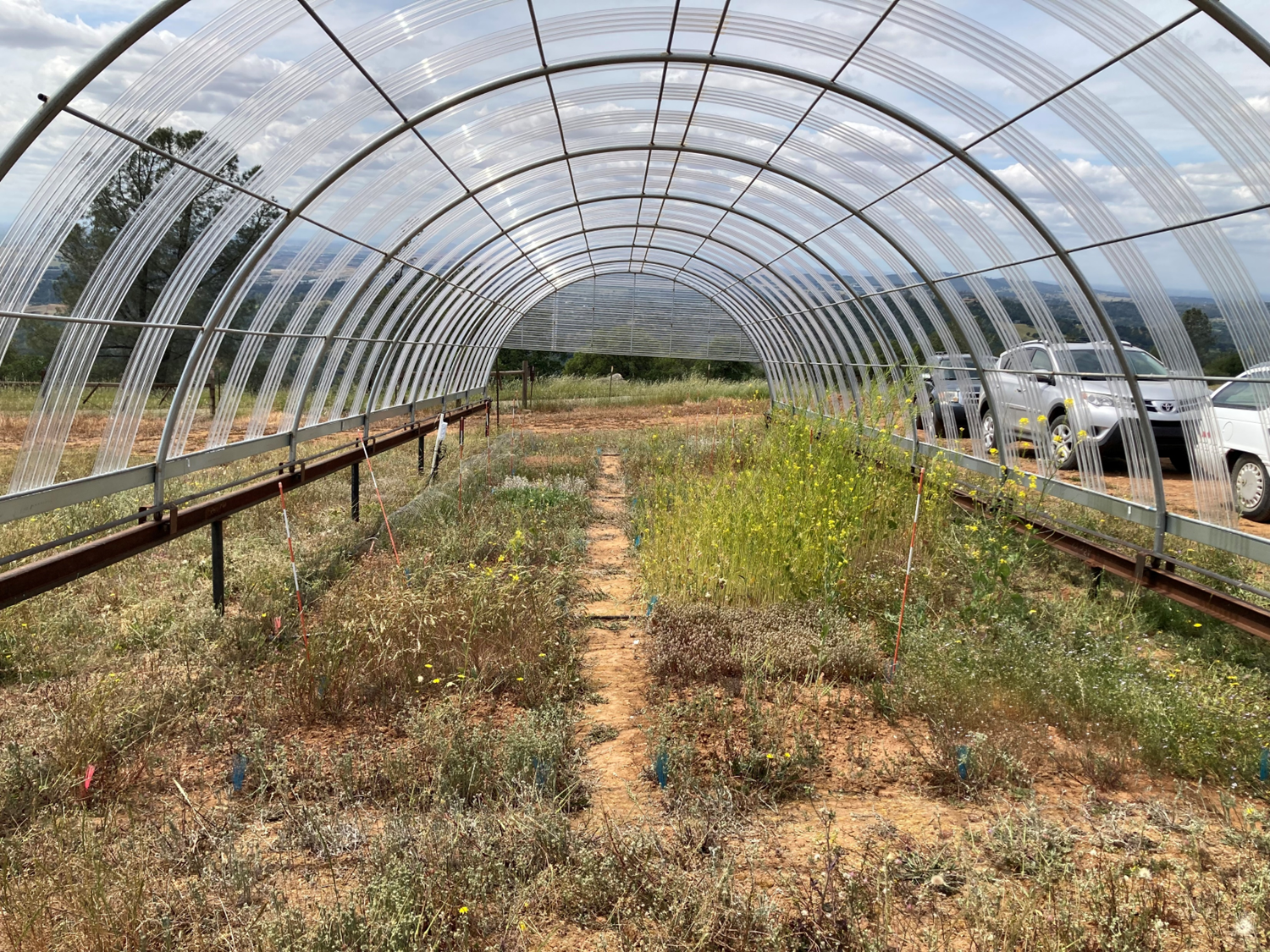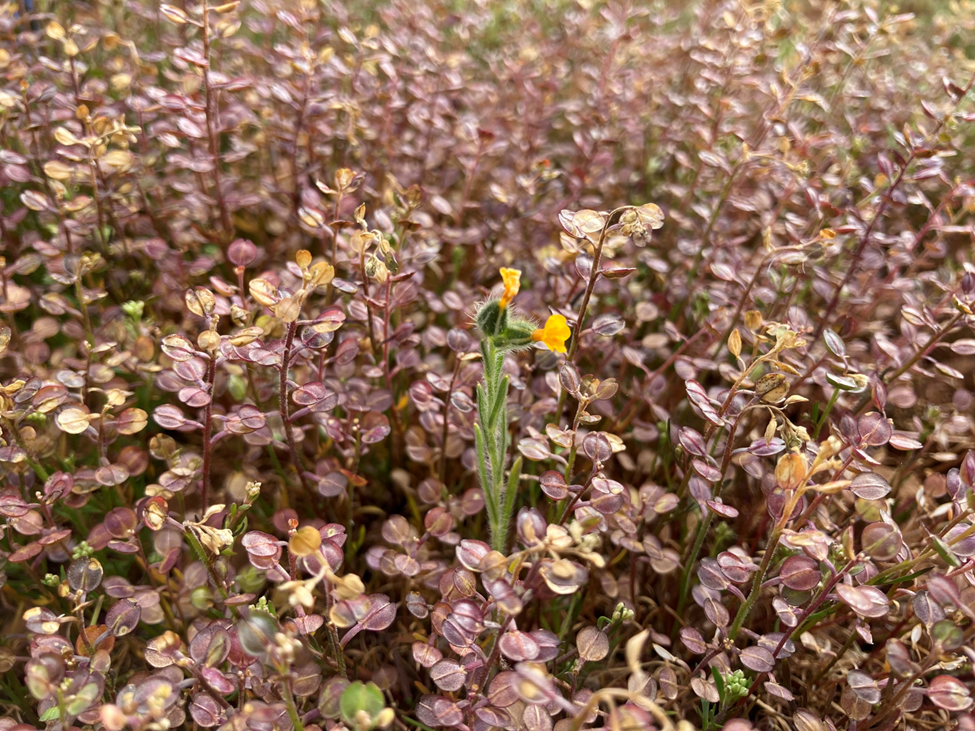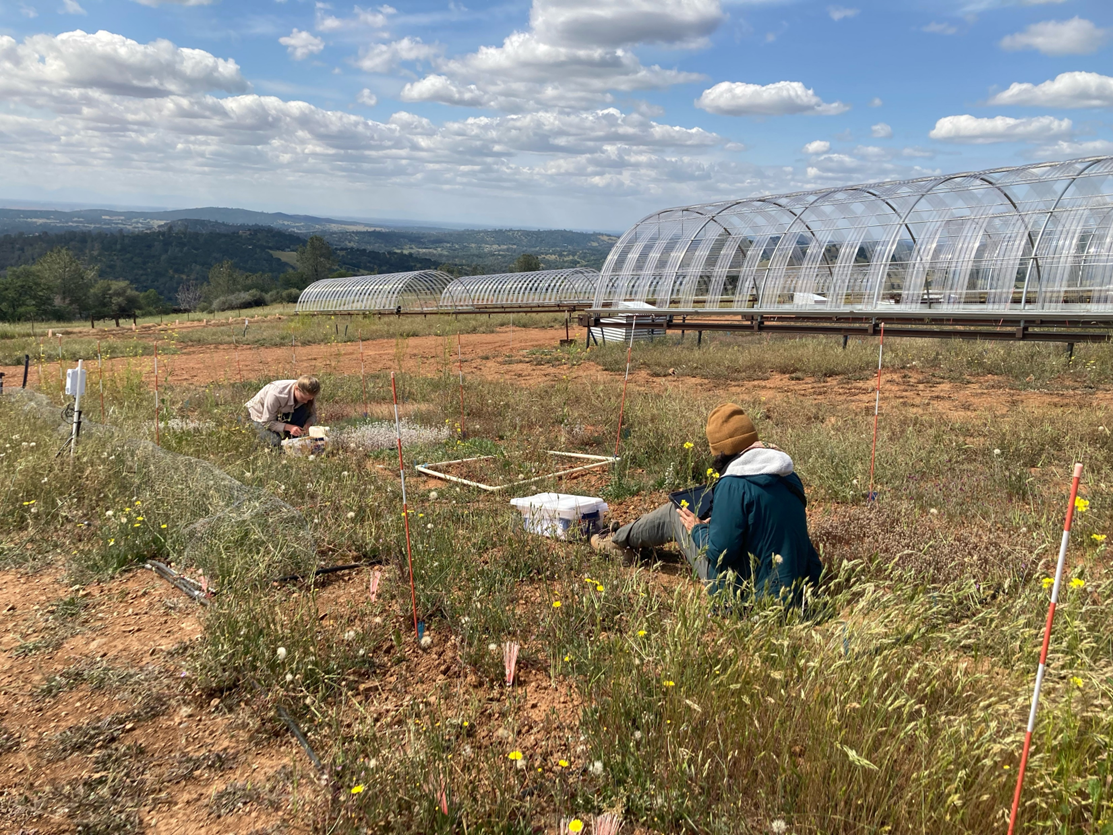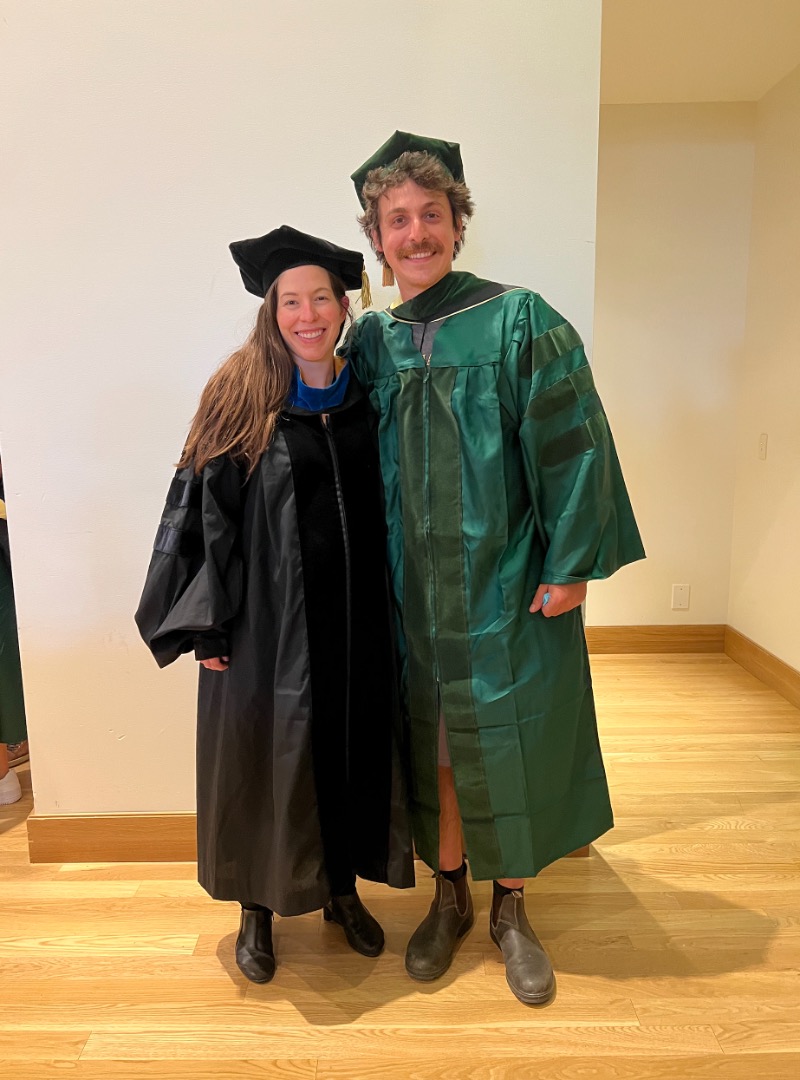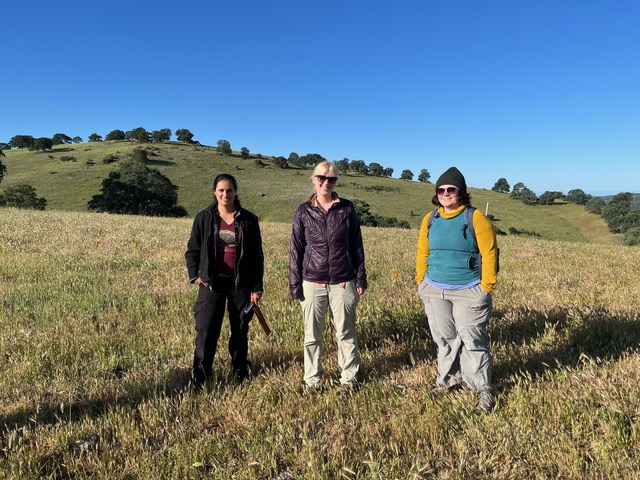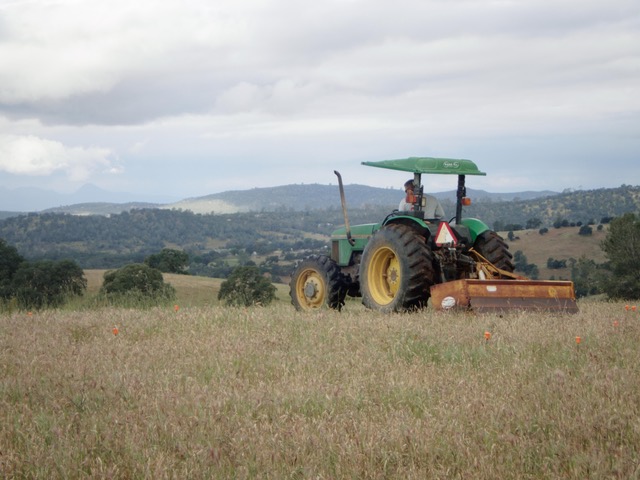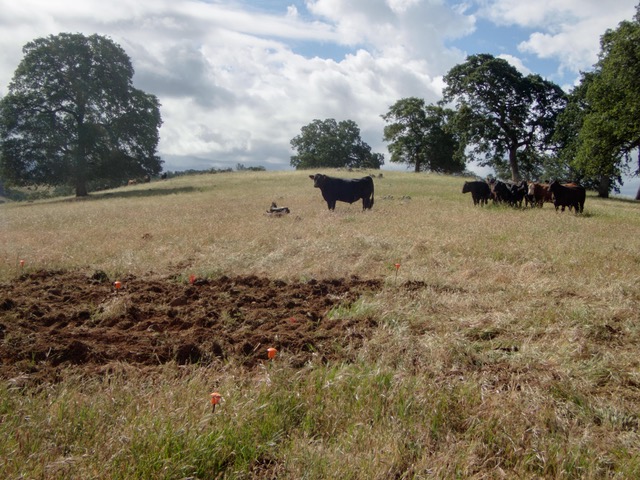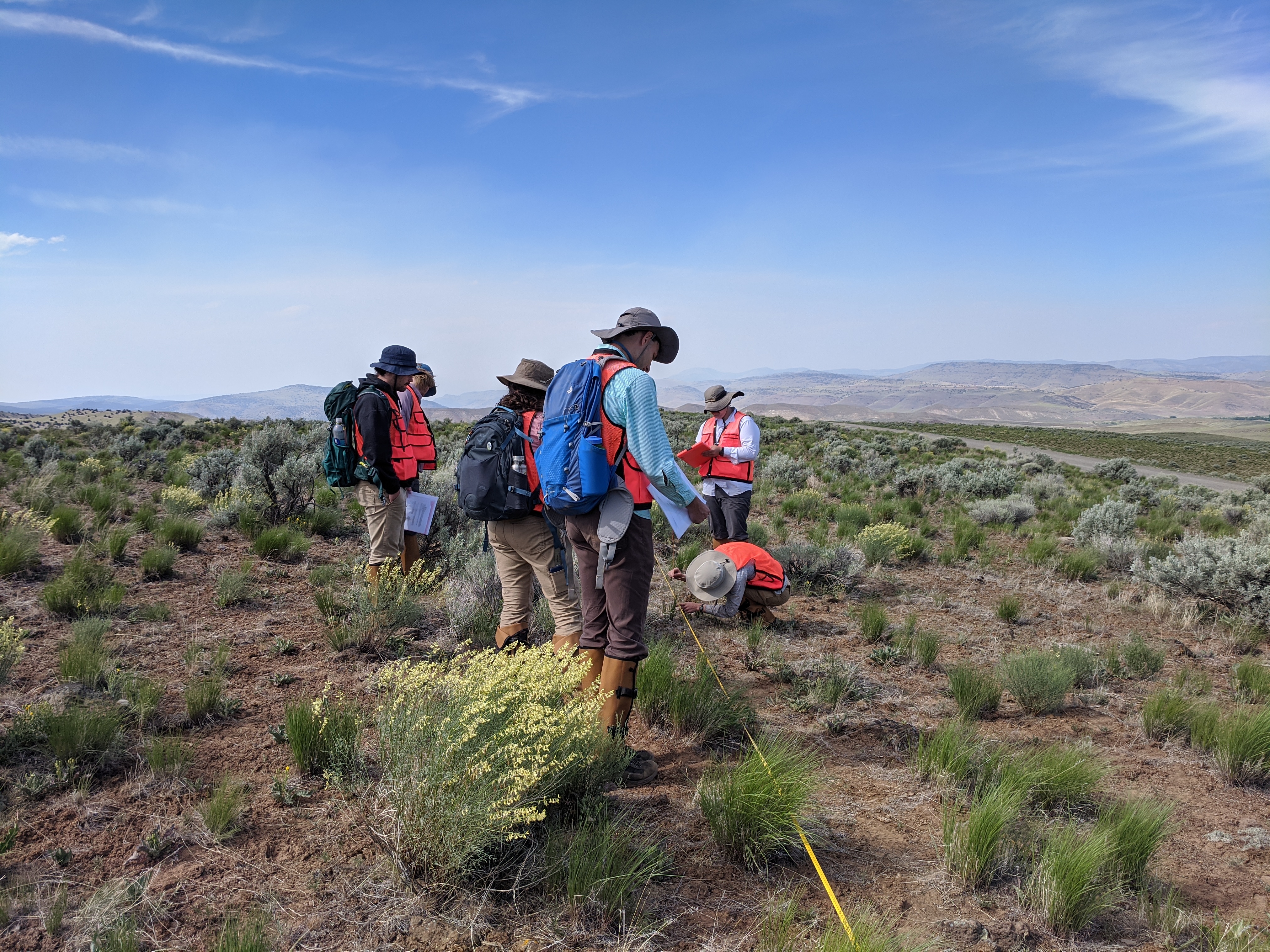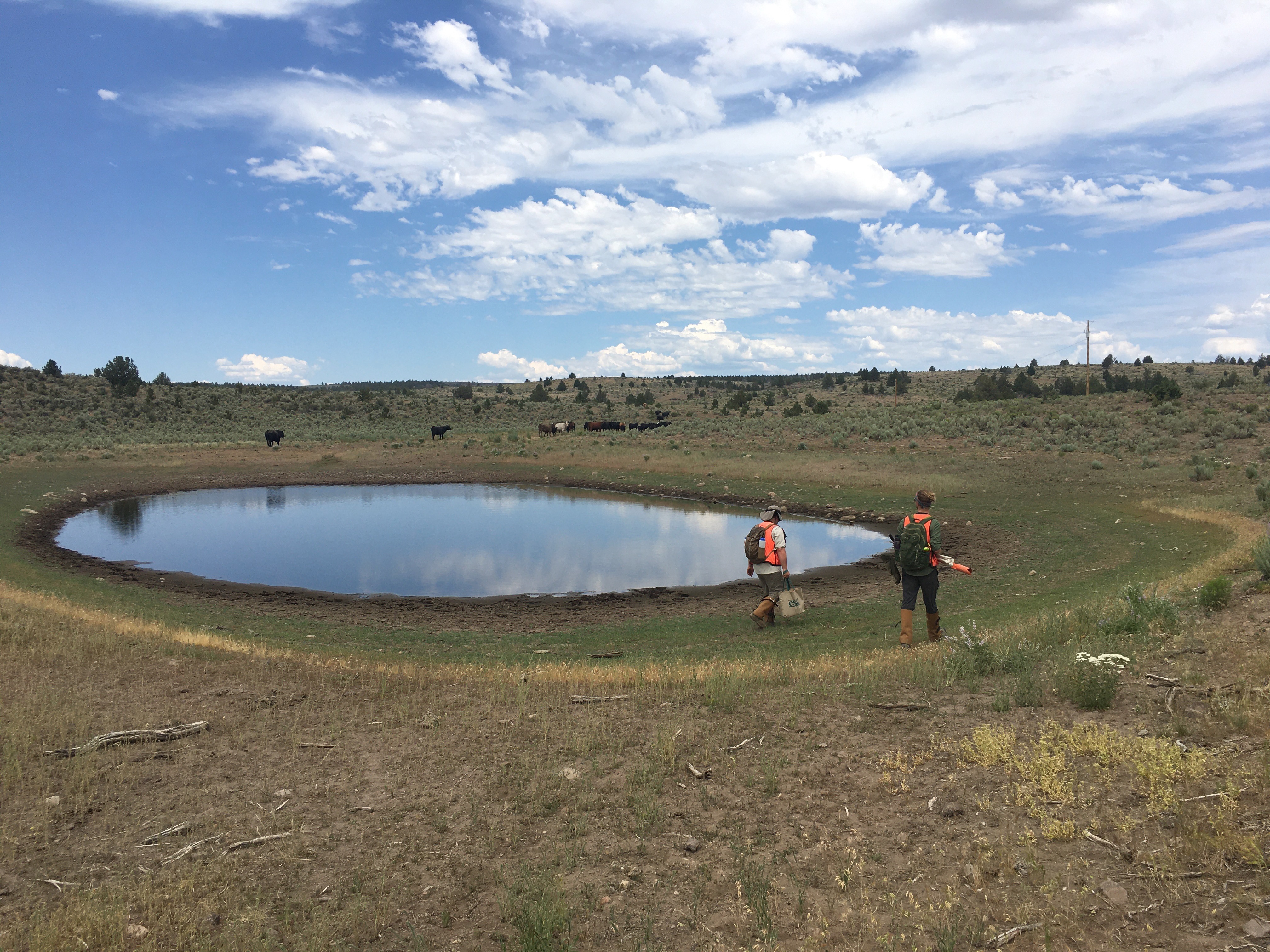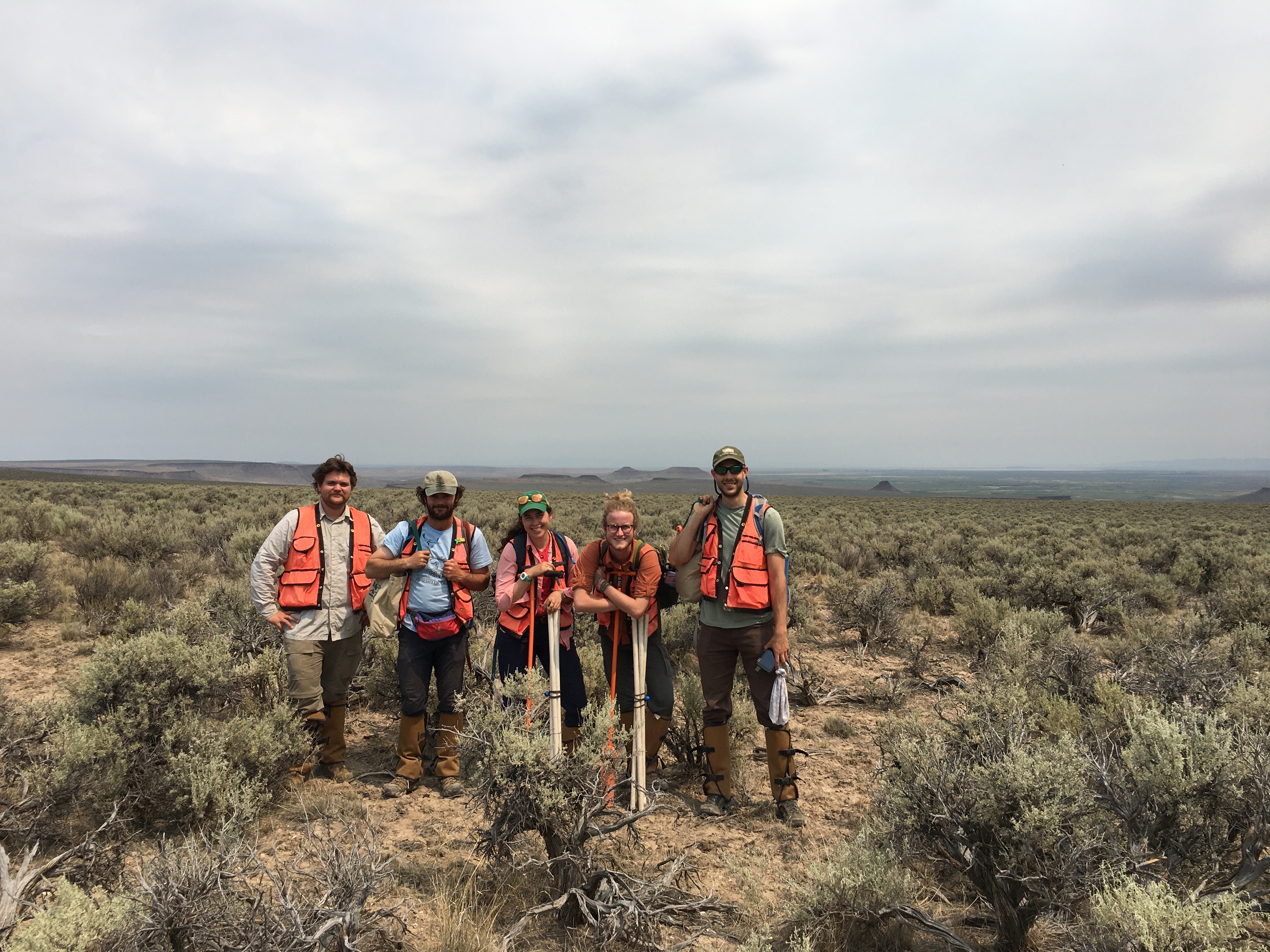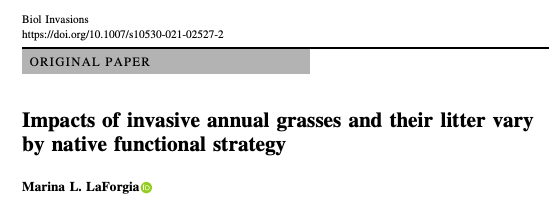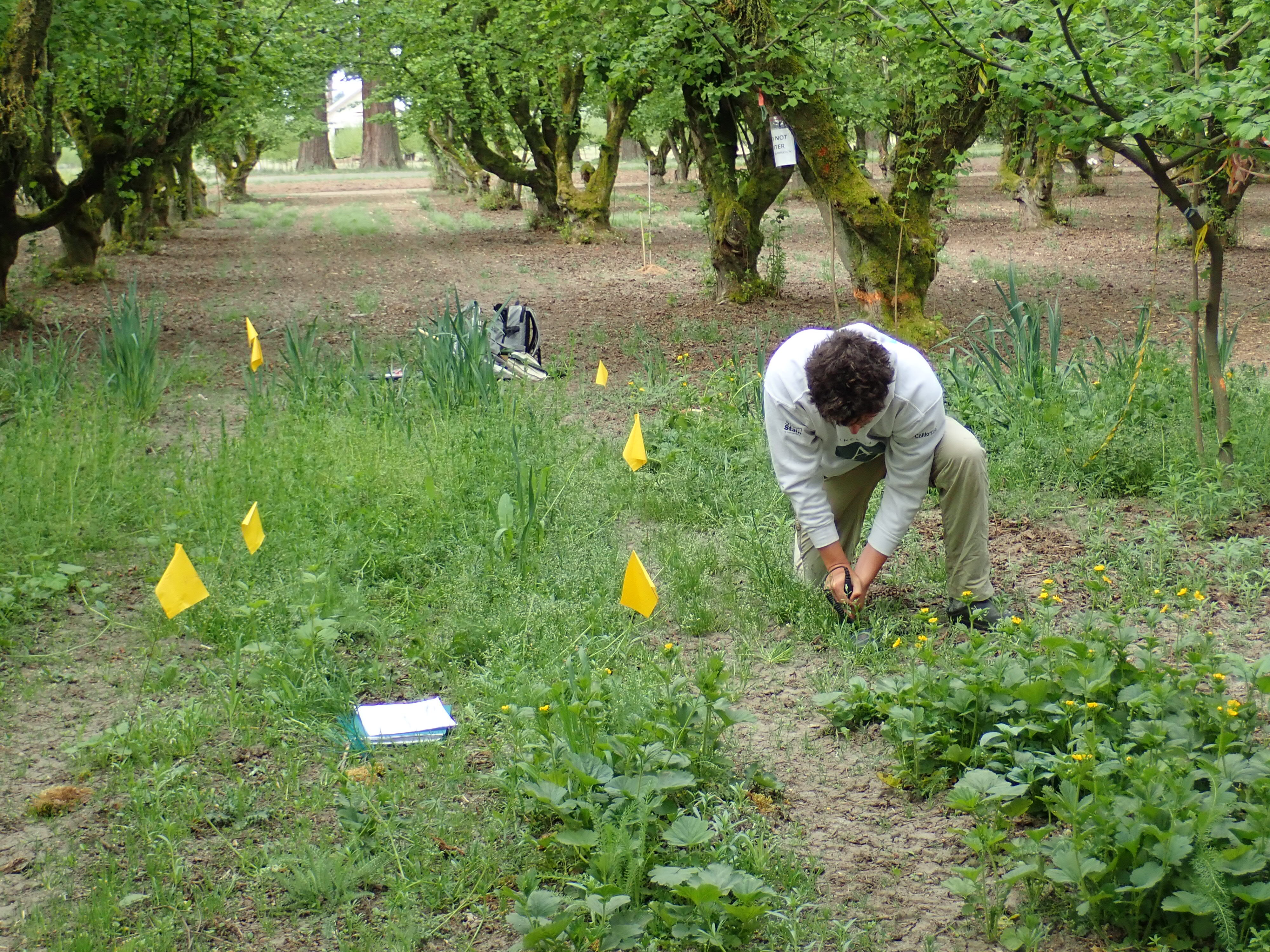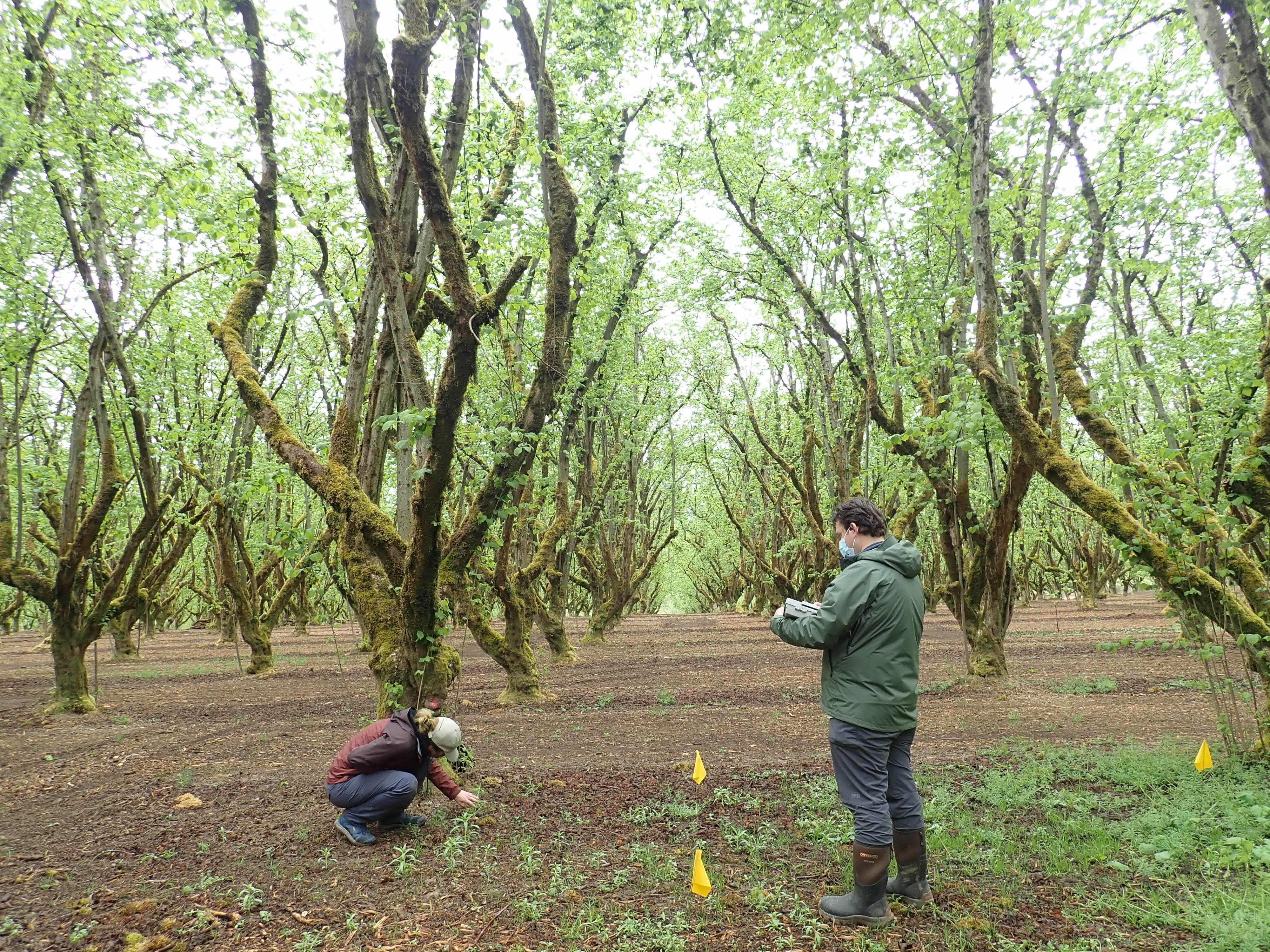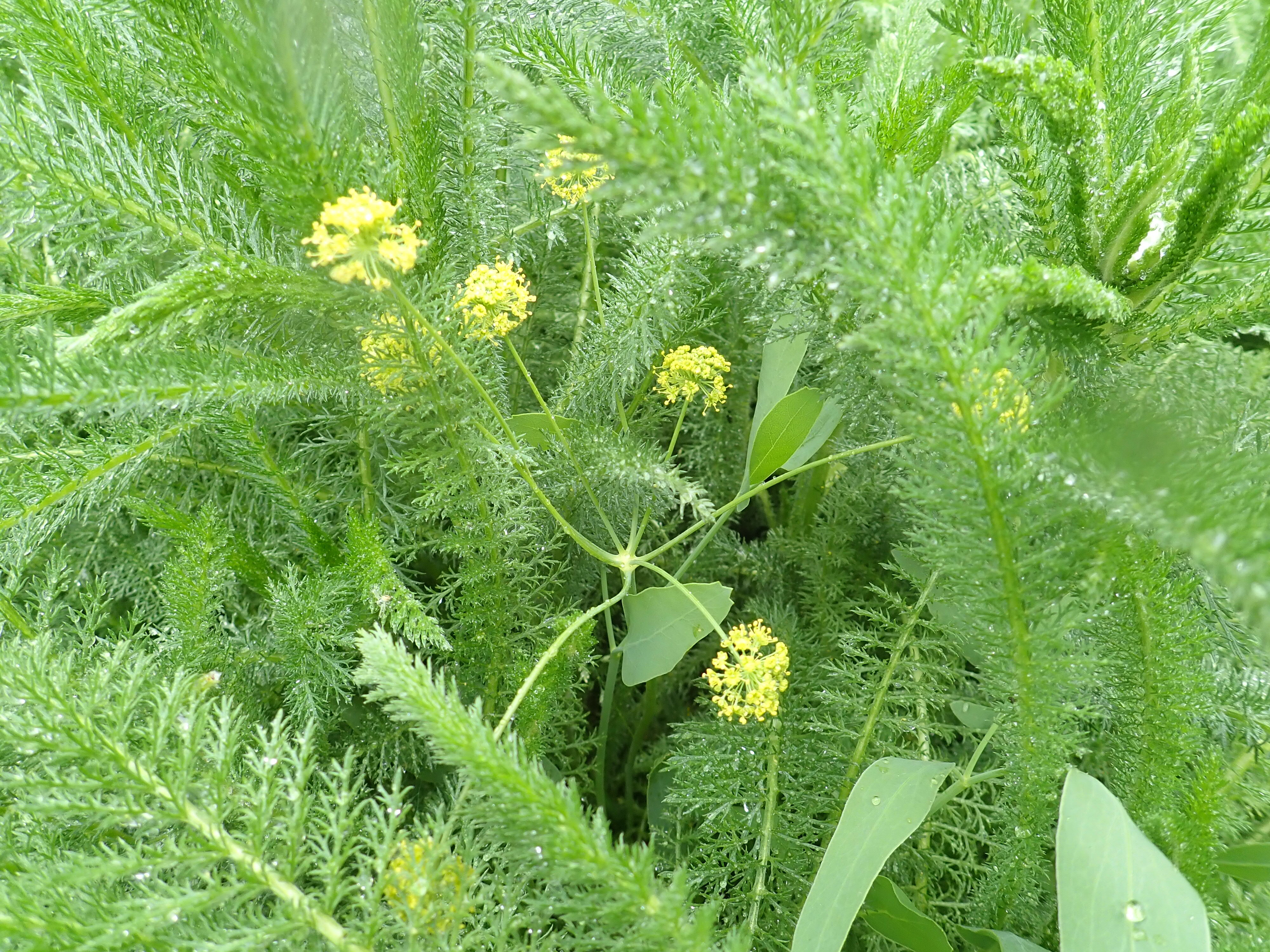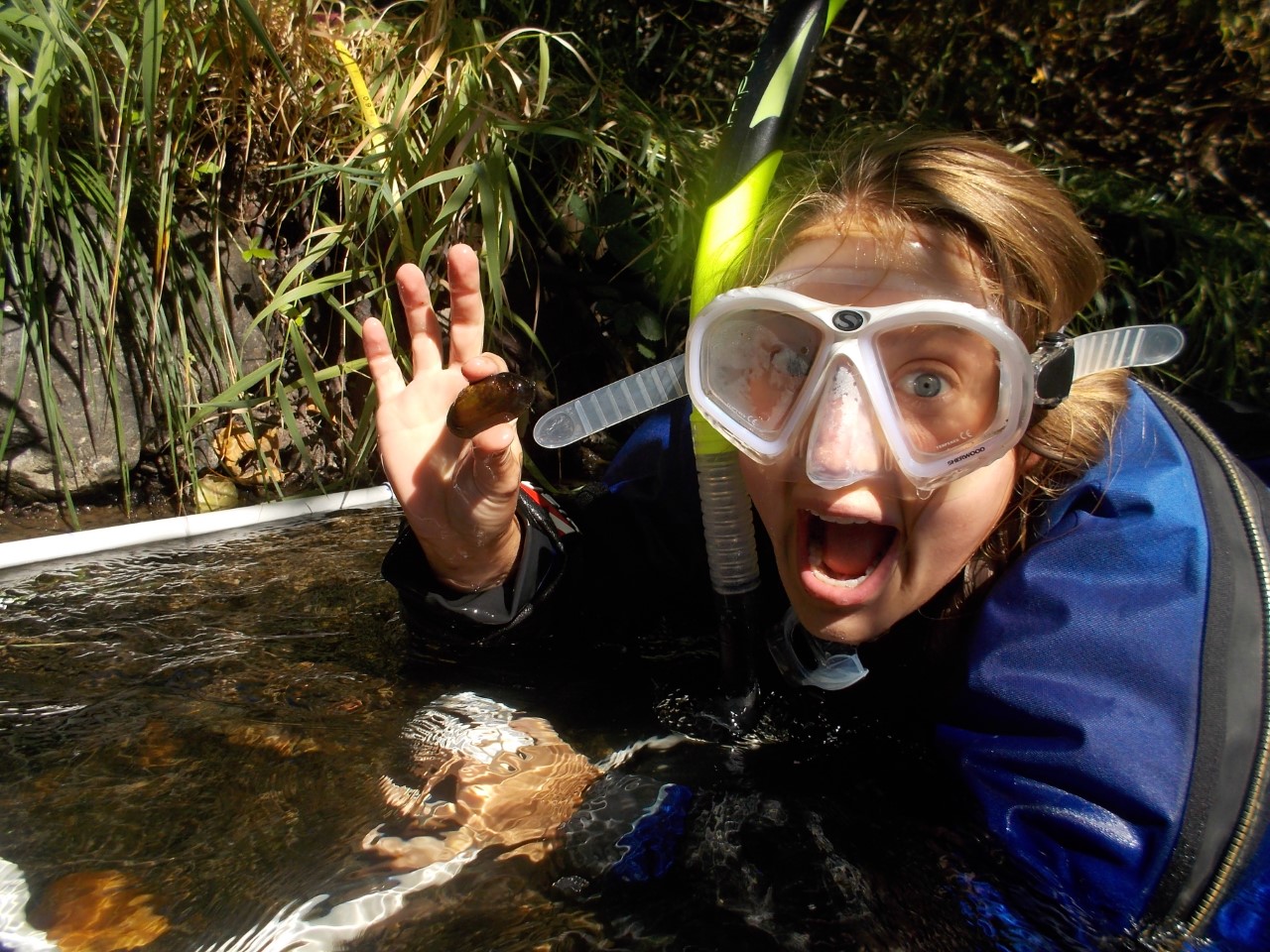June 2023
Congratulations to Ellie Codding, Zoey Bailey, and Adam Clayton! They each successfully defended their excellent undergraduate theses!
Ellie Codding studied the effects of reseeding after wildfires on the genetic diversity of native grass populations in the Great Basin. She was awarded the VPRI Undergraduate Fellowship and graduated with honors in Biology. She is now at OHSU Nursing School.
Zoey Bailey’s passion about fire ecology led her to study the effects of fire history on seedbanks in the Great Basin. She was awarded the Summer Undergraduate Research Fellowship and gained training as a seasonal fire fighter in New Mexico. She is finishing up her Bachelor’s degree.
Adam Clayton conducted an independent research on cavity-nesting bird communities in the hazelnut-woodland-urban interface, and graduated with B.S. in Environmental Science. Check back for his first paper coming out soon!
